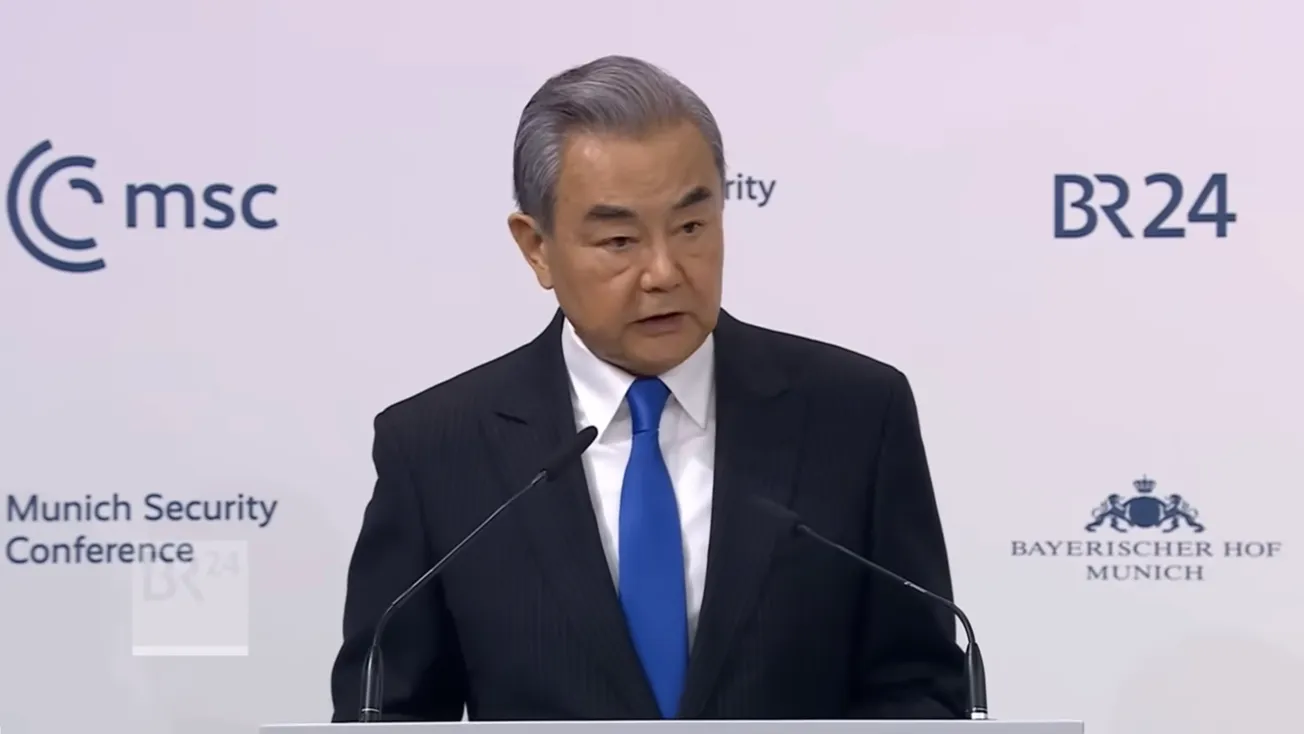Chinese Ambassador to the United States Cui Tiankai was a keynote speaker together with Harvard Professor Graham Allison at a conference sponsored by the Institute for China-America Studies today. Cui underlined this period as “a turning point in history” due to the pandemic and the economic crisis. “But the pandemic was simply accelerating a change already in motion,” he observed. (“Opening Remarks by Ambassador Cui Tiankai At the Annual Conference of the Institute of China-U.S. Studies,” http://www.china-embassy.org/eng/)
The pandemic, he said, also posed the question of “what a post-pandemic world would look like and what kind of global governance we need in such a world? It is clear such a post-pandemic world would not be stable and global governance would not be effective without sound and stable relations between China and the U.S.” Far from being a failure, as China’s opponents have characterized the policy of “engagement with China,” it has been a success for China and the U.S., and also the world. “We need a shared vision for the future and make the right choice,” Cui said.
Cui expressed optimism that the U.S.-China relationship could be significantly improved, even during the remaining days of the Trump Administration. He lambasted those who attempted “to sow distrust,” which he characterized as “irresponsible.” “We should build a new type of international relations for a shared future,” he said. “We should reject outdated mindsets and open up a new pathways.”
Allison was more pessimistic, and while he admitted that he hoped the U.S. would remain “the top dog,” he realized that what he considered endemic rivalry between the two should not lead to conflict. He also gave guarded support to President Xi’s call for a new form of major power relations. “Why does Xi call for a new form of international relations?” Allison asked. “Because he knows that following the old form will turn out badly.”
In responding to the perennial questions of “common values” touted by those who want an “alliance of democracies” aimed against China (and Russia), Cui stated wryly, “Perhaps our opponents want us to change our DNA…. When people talk about ‘values,’ I have a feeling that they are most concerned about advancing their material values. But if these values don’t take account of other civilizations’ values, these values cannot be considered `universal.’”
“We do have common values,” Cui continued. “Values like peace, development, democracy, freedom as these are enshrined in the UN Charter. If you want to build on these values, we are ready to cooperate.”
Cui expressed guarded optimism about a Biden Administration, pointing to the many hours that then Vice President Biden had spent with President Xi, and his statement at that time about the danger of “unintended consequences” in dealing with the more sensitive issues with China, such as Taiwan. At the same time, Cui underlined that China was continuing to work with the Trump Administration in order to restore some form of stability in the relationship.



